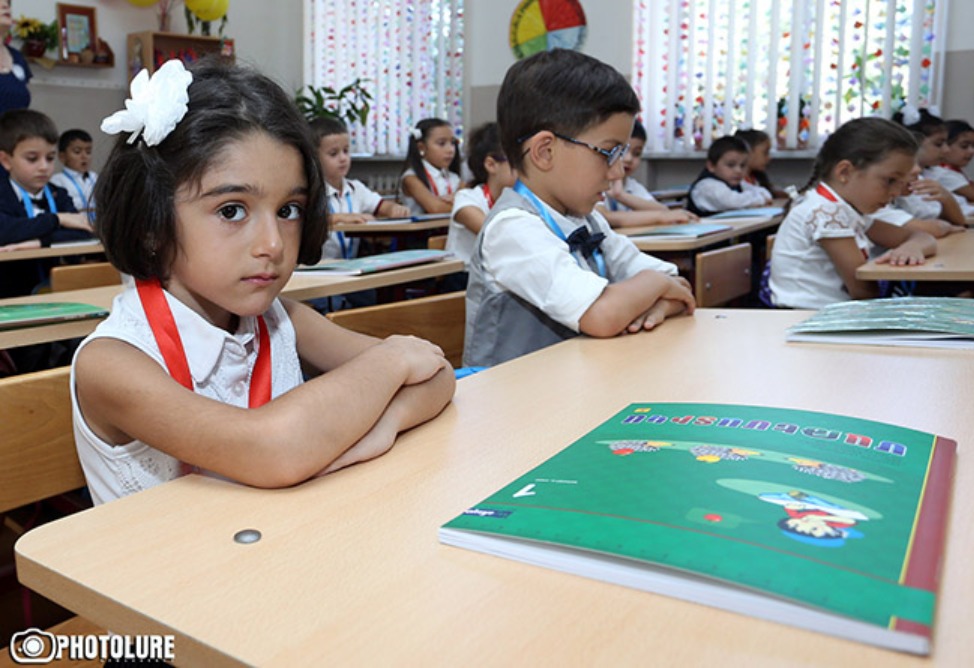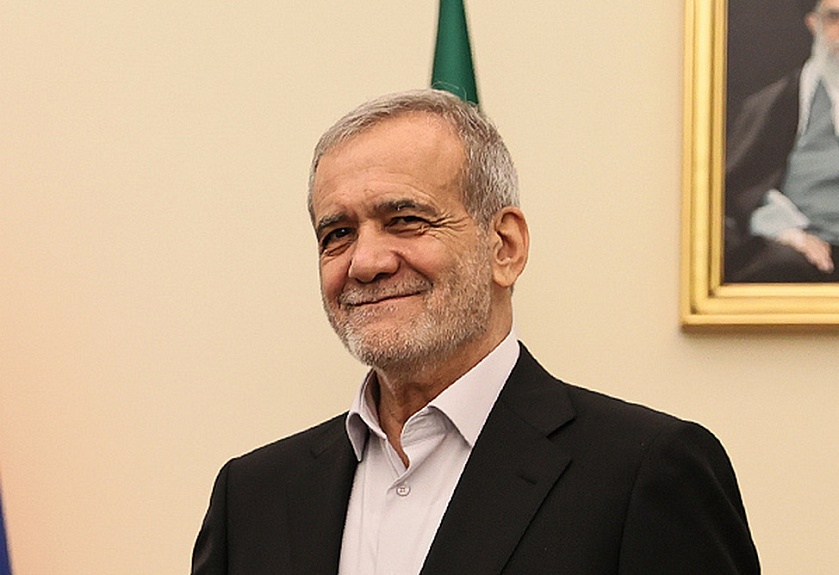Armenia to develop national strategy to ensure all schoolchildren have access to nutritious food by 2030

YEREVAN, August 12. /ARKA/. With the support of the UN World Food Programme (WFP), the Armenian government plans to develop a national strategy and action plan to provide school meals across the country. The goal is to ensure that every Armenian schoolchild has access to nutritious food by 2030, according to a WFP case study on the implementation of the National School Feeding Program in Armenia, published on Tuesday.
According to Nanna Skau, the WFP's representative and country director in Armenia, the organization launched the school feeding program in close cooperation with the Armenian government in the early 2000s. The program aimed to increase school attendance and improve learning capacity in certain regions.
"By 2004, the program had expanded significantly, covering thousands of primary schoolchildren in border and mountainous areas, where malnutrition and food shortages were most prevalent. However, the global financial crisis of 2008–2009 threatened the progress made. The economic downturn, rising poverty levels, and reduced external funding created the risk of program curtailment," said Skau.
She said that the Armenian government, supported by the Russian Federation and the World Food Program (WFP), had developed a new approach to ensure the sustainability and eventual nationalization of school feeding programs.
"Since 2010, the transition to a fully state-led model has been underway, emphasizing capacity and policy development, as well as financial sustainability," said Skau.
She said that Armenia has introduced transformative school feeding models based on self-sufficiency, sustainability, and community development principles. These models include intensive school gardens and greenhouses and the installation of solar panels on school roofs.
She also reported that Armenia has managed to implement the program in all 10 regions of the country. In 2023, the management of the school meal program officially was transferred to the government. Efforts are now focused on developing a school meal program specifically for Yerevan.
The study notes that Armenia's school meal program currently provides meals to over 102,000 primary school students (grades 1-4) in ten regions (excluding Yerevan) via cash transfers to over 1,000 schools.
In 2023, the government began funding the entire program with national resources, allocating 151 drams per child per day for 180 school days — totaling over 15 billion drams for more than 102,000 children.
According to the study, Armenia’s National School Feeding Program received significant contributions from the Russian Federation through the World Food Program (WFP): $25 million from 2010 to 2019 and an additional $18 million from 2019 to 2023.
One challenge the Armenian government may face under the National School Feeding Program is the global rise in food prices. The government and local communities will need to ensure sufficient funding and find ways to adapt the menu while maintaining its diversity and nutritional value.-0-



